Search Definitions
Browse Content (p. 19)

Definition
Junkers Ju 88
The Junkers Ju 88 was a two-engined medium bomber plane used by the German Air Force (Luftwaffe) throughout the Second World War (1939-45). Ju 88s were involved in the Battle of Britain and London Blitz as bombers, but this versatile aircraft...

Definition
Heinkel He 111
The Heinkel He 111 was a medium two-engined bomber plane used by the German Air Force (Luftwaffe) during the Second World War (1939-45). Heinkel He 111s contributed significantly to such campaigns as the Battle of France, the Battle of Britain...

Definition
Louis I de Bourbon, Prince of Condé
Louis I de Bourbon (l. 1530-1569) was a descendant of Louis IX of France (r. 1226-1270) and founder of the House of Condé. The Prince of Condé proved his valor as a Huguenot military leader during the first three French Wars of Religion and...
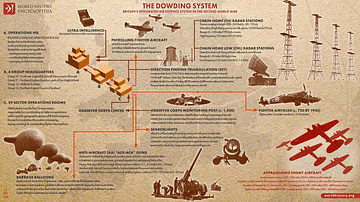
Definition
Dowding System
Britain's integrated air defence system in the Second World War (1939-45), known as the Dowding System after the air chief marshal of that name, included code-breakers, radar stations, observers, searchlights, barrage balloons, anti-aircraft...
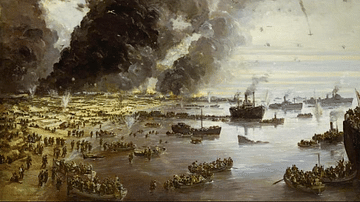
Definition
Dunkirk Evacuation
The Dunkirk Evacuation of 26 May to 4 June 1940, known as Operation Dynamo, was the attempt to save the British Expeditionary Force in France from total defeat by an advancing German army. Nearly 1,000 naval and civilian craft of all kinds...
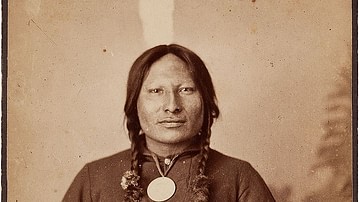
Definition
Sioux Warrior Rain-in-the-Face (Eastman's Biography)
Rain-in-the-Face (Ite Omagazu, l. c. 1835-1905) was a Lakota Sioux warrior and war chief during Red Cloud's War (1866-1868) and at the Battle of the Little Bighorn (1876), after which he became famous as the man who killed Lt. Col. George...
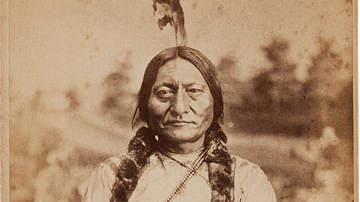
Definition
Sitting Bull
Sitting Bull (Tatanka Iyotanka, l. c. 1837-1890) was a Hunkpapa Sioux holy man, warrior, leader, and symbol of traditional Sioux values and resistance to the United States' expansionist policies. He is among the best-known Native American...
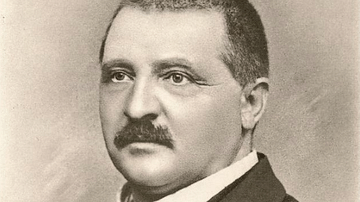
Definition
Anton Bruckner
Anton Bruckner (1824-1896) was an Austrian composer, most famous for his nine grand symphonies and his church music. Never quite gaining full recognition for his work until he was in his sixties, Bruckner's music, with its strong spiritual...
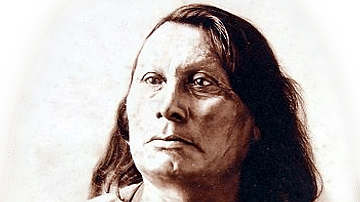
Definition
Sioux War Chief Gall (Eastman's Biography)
Gall (Phizi, l. c. 1840-1894) was a Hunkpapa Lakota Sioux war chief best known for his participation in the Battle of the Little Bighorn in June 1876. He was a close associate of Red Cloud (l. 1822-1909), Sitting Bull (l. c. 1837-1890), and...
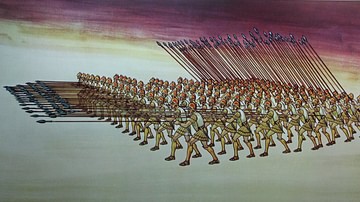
Definition
Pezhetairoi
The pezhetairoi (foot companions) were part of the imposing army that accompanied the Macedonian commander Alexander the Great (r. 336-323 BCE) when he crossed the Hellespont to face the Persian king Darius III in 334 BCE. Armed with long...